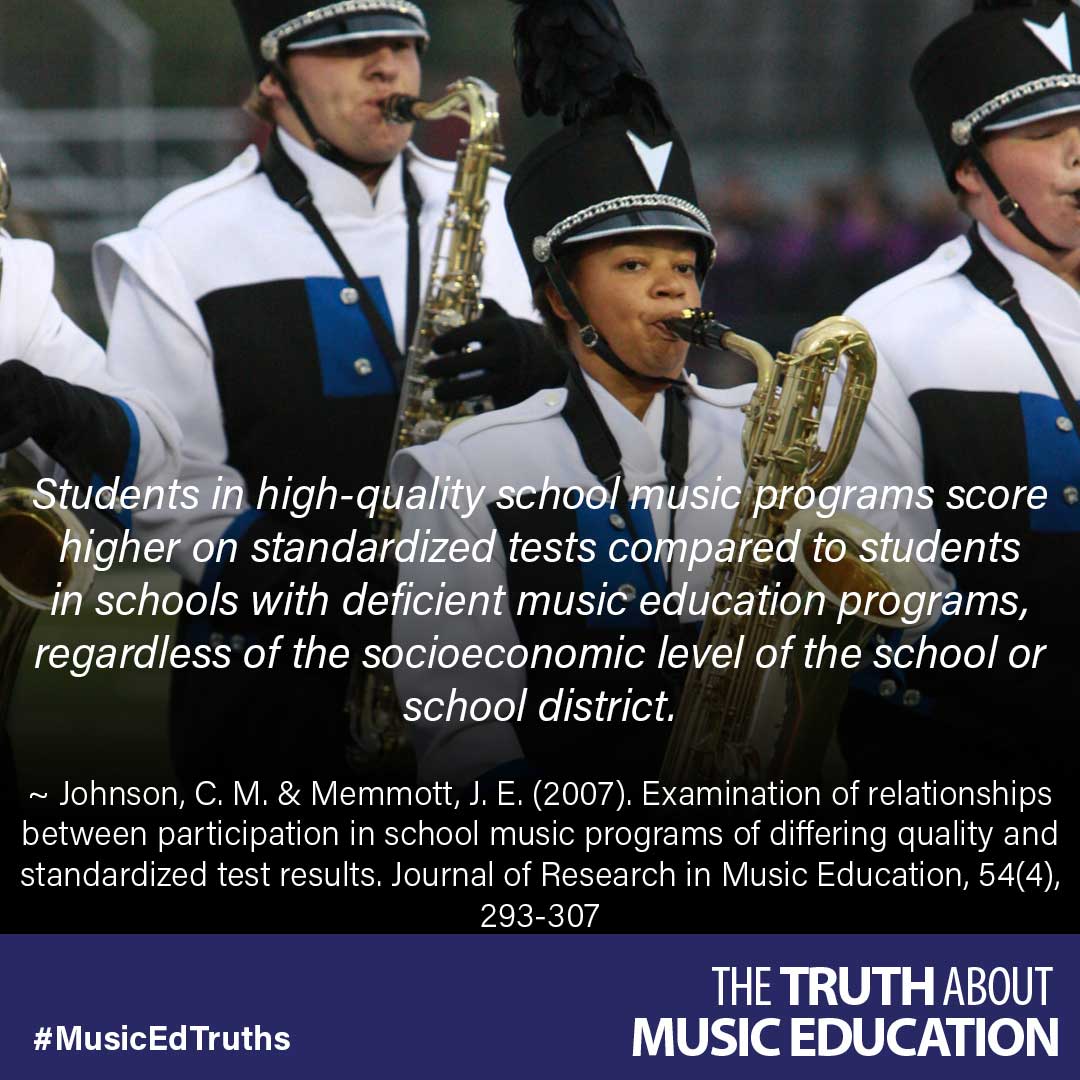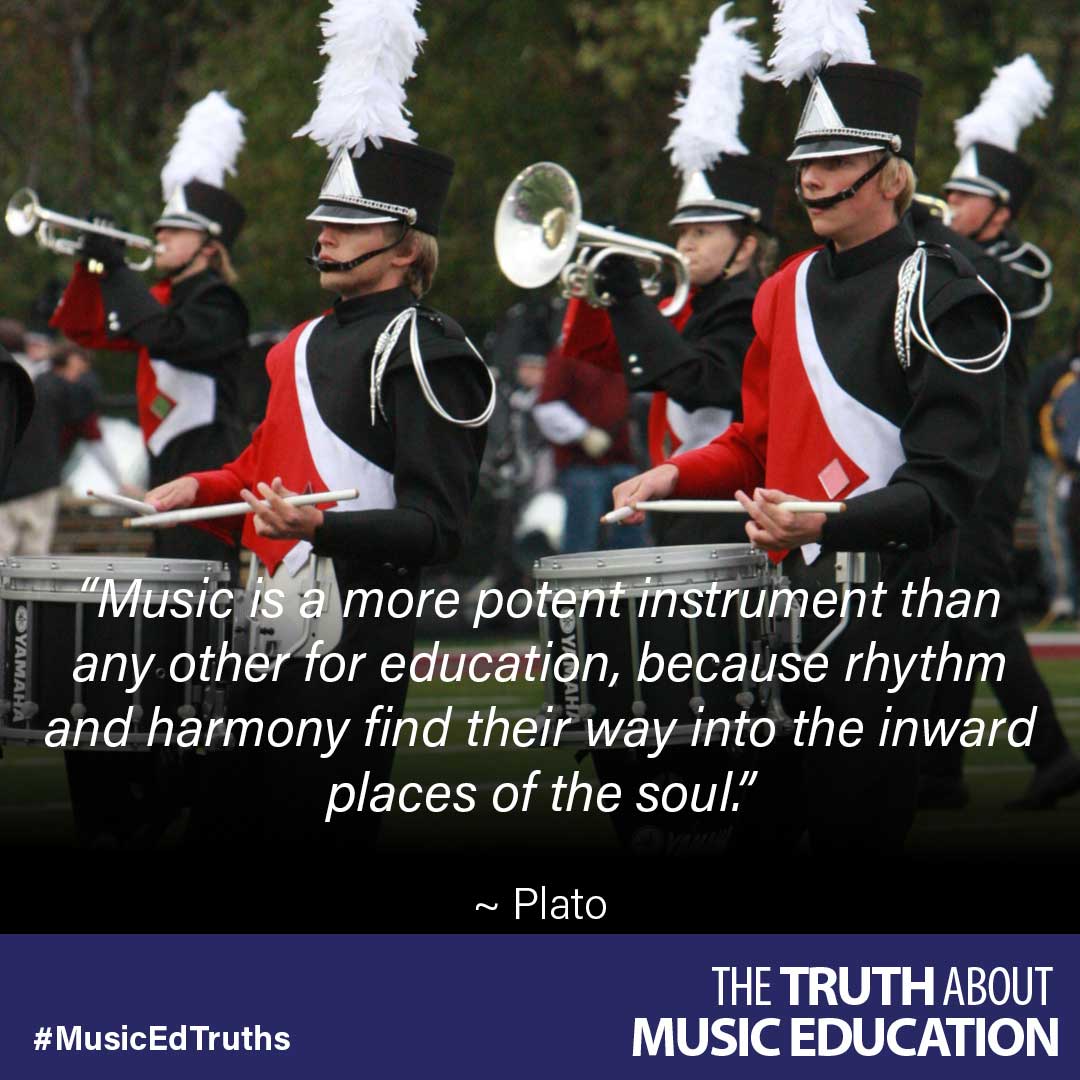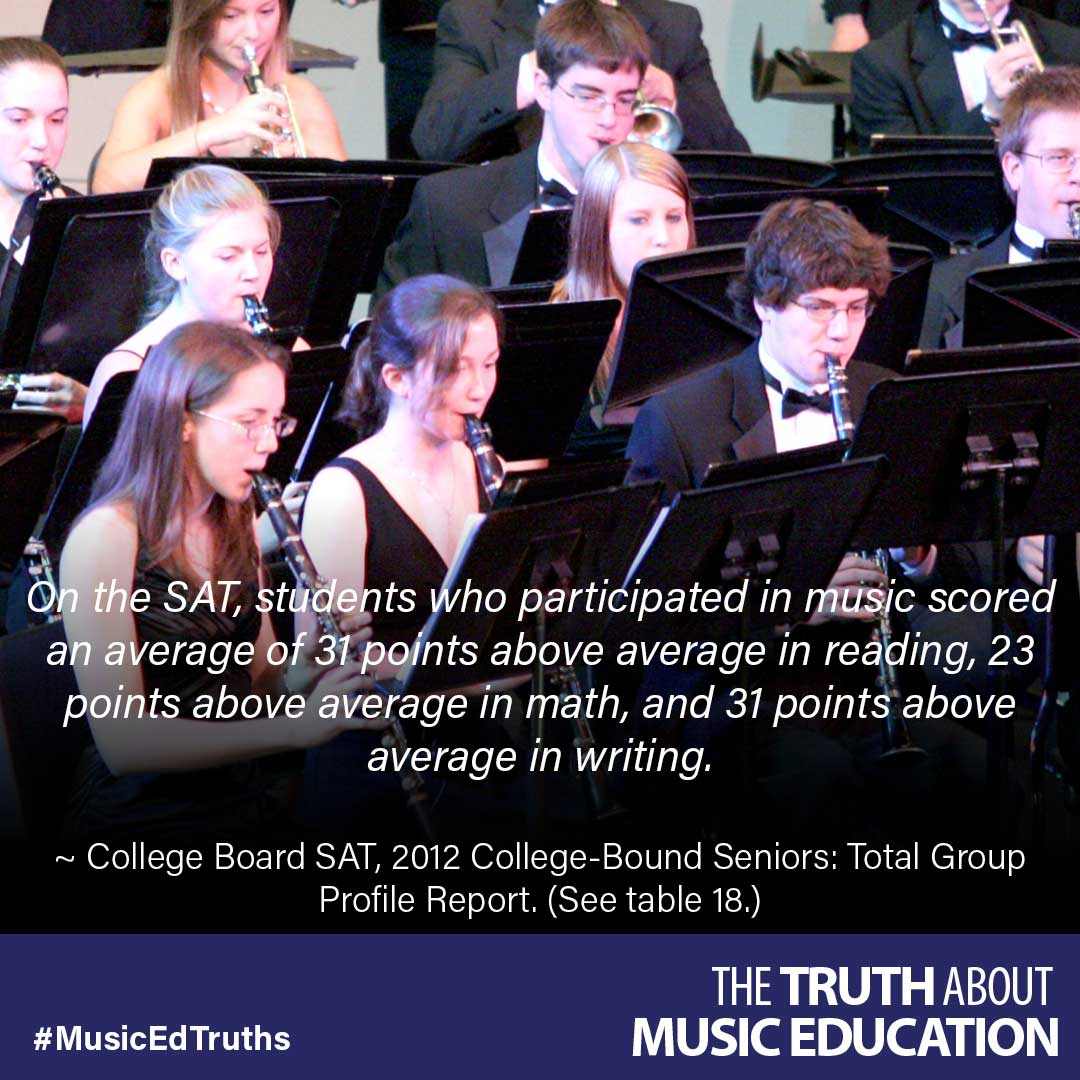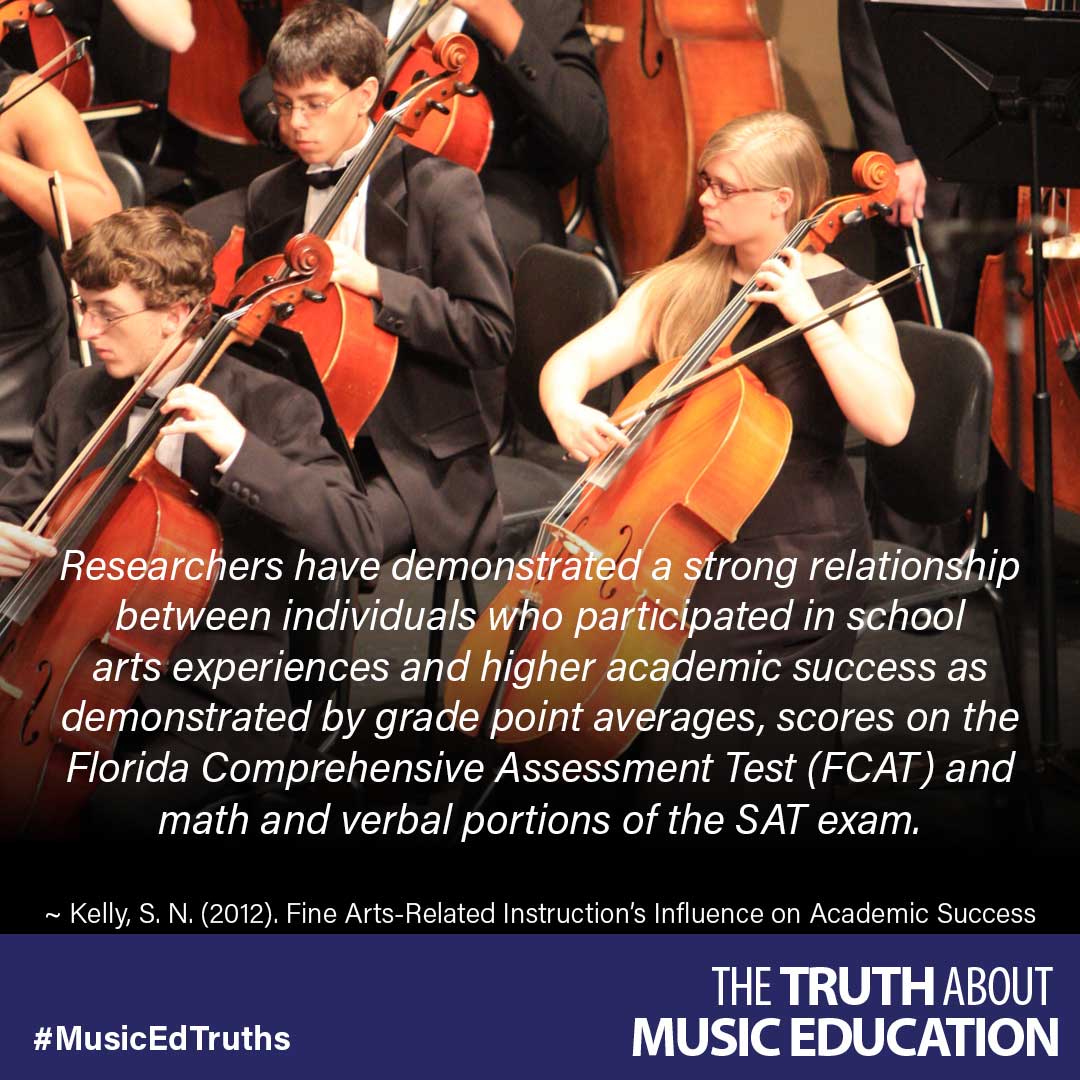Matt Hicks – Staff Spotlight
This month’s staff spotlight is with Matt Hicks. Matt has been with us for about 14 years and is currently one of our District Managers. Learn more about him by watching his interview below!
This month’s staff spotlight is with Matt Hicks. Matt has been with us for about 14 years and is currently one of our District Managers. Learn more about him by watching his interview below!

Students in high-quality school music programs score higher on standardized tests compared to students in schools with deficient music education programs, regardless of the socioeconomic level of the school or school district.

“Music is a more potent instrument than any other for education, because rhythm and harmony find their way into the inward places of the soul.”
Yamaha recently released a series of extraordinary trumpets developed with world-renowned performers. These “Xeno Artist” trumpets are some of the finest instruments in the world and showcase the beautiful delights that can be achieved when world-class engineering meets world class craftsmanship. The Chicago and New York artist series trumpets were designed with input from a number of world-class players and demonstrates the absolute best in sound quality, playability, and construction. Paige’s Music has three of these extraordinary instruments available for purchase and we highly encourage you to audition them in our store. Included below are the highlights that make these instruments unique. If you have other questions, please call your Sales Associate at 1.800.382.1099 or stop by our store in Indianapolis.

Developed with John Hagstrom of the Chicago Symphony Orchestra, the Chicago series focuses on achieving the ideal blowing resistance and weight balance creating an instrument that is not just easy to play, but also provides delicate response when playing pianissimo and powerful presence when playing fortissimo. Every component of the instrument contains the input of artists from around the world, allowing us to create a highly evolved Chicago trumpet.

Taking music lessons offers a space where kids learn how to accept and give constructive criticism, according to research published in The Wall Street Journal in 2014.

On the SAT, students who participated in music scored an average of 31 points above average in reading, 23 points above average in math, and 31 points above average in writing.
Daily care and maintenance of your instrument is very important to how well your instrument performs. Watch this quick video below for a few, quick tips on caring for your trumpet.

Researchers have demonstrated a strong relationship between individuals who participated in school arts experiences and higher academic success as demonstrated by grade point averages, scores on the Florida Comprehensive Assessment Test (FCAT) and math and verbal portions of the SAT exam.